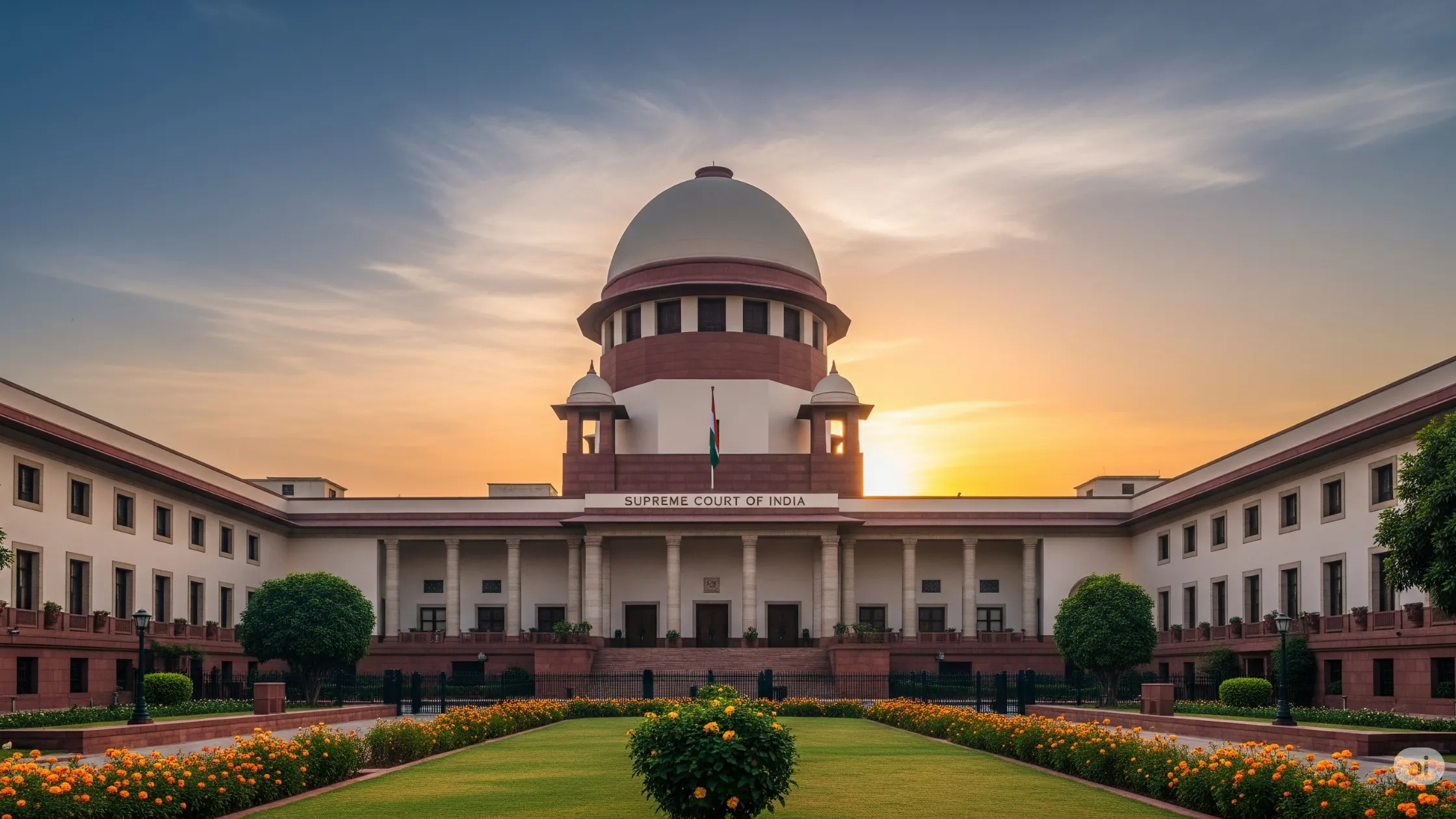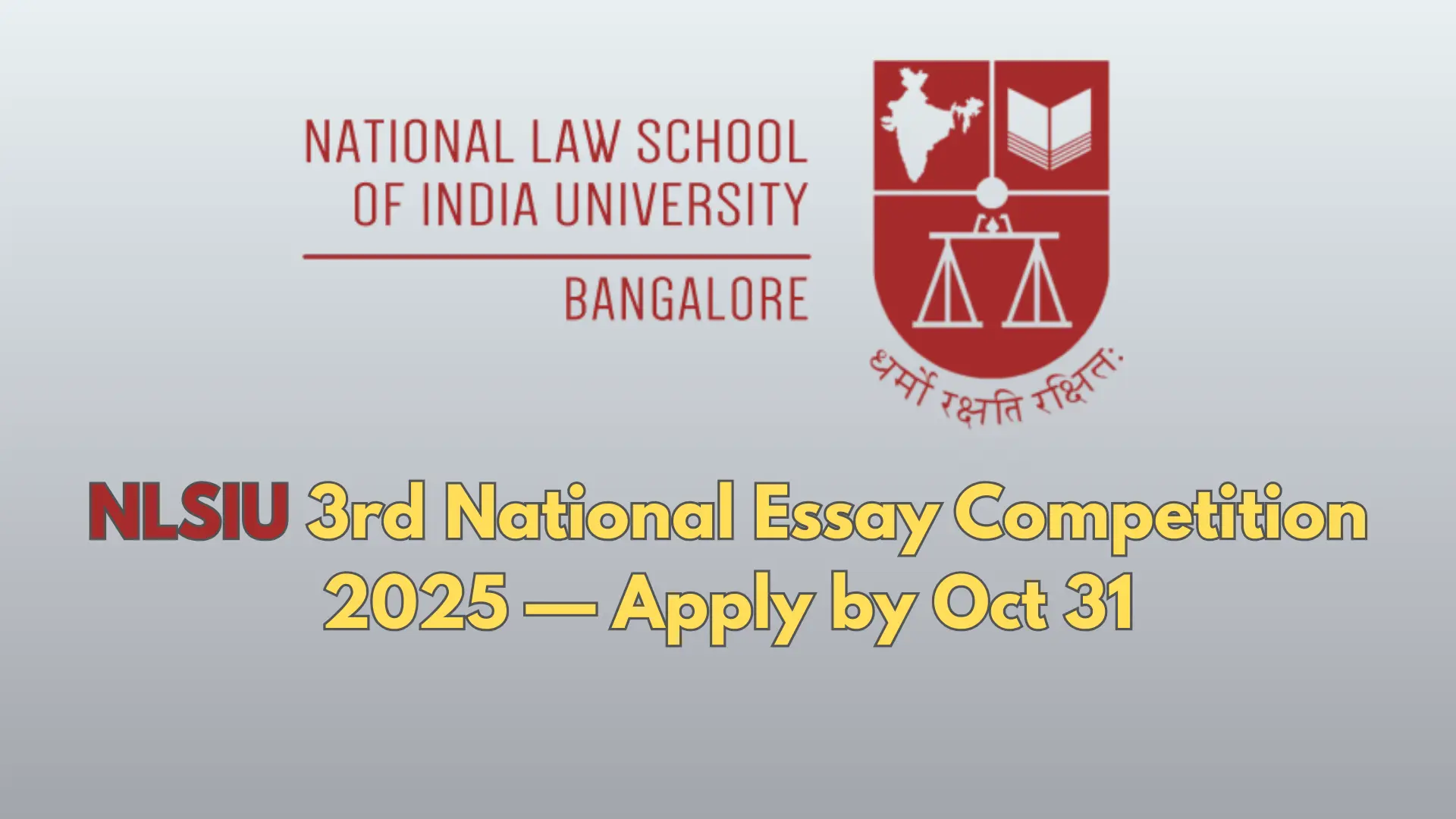In a fresh turn to the long-running Sheena Bora murder case, a major prosecution witness told a CBI court in Mumbai on September 19, 2025, that Rahul Mukerjea allegedly ignored available legal aid that could have helped locate Sheena after her mysterious disappearance in 2012. Rahul, Sheena’s boyfriend at the time and son of accused Peter Mukerjea, now finds himself under scrutiny for not taking steps that might have accelerated the investigation.
Witness Testimony
Sanjana Phukan, Sheena’s lifelong friend, revealed that Rahul had access to legal help through her cousin, a practicing Supreme Court lawyer. The witness said Rahul could have filed a habeas corpus writ—a legal move compelling authorities to present a missing person before the court—but did not act on it.
“It is fair to say Rahul never filed that report,” Sanjana said under cross-examination. “He was especially urged to file a missing person’s report and, if required, a writ petition to drive the police into action.”
This testimony raises questions about whether timely legal intervention could have prevented Sheena’s fate.
Timeline of Events
- April 24, 2012: Rahul last saw Sheena when he dropped her in Bandra to meet her mother, Indrani Mukerjea. She never returned.
- Rahul reportedly attempted to lodge complaints at three Mumbai police stations, but his efforts were dismissed.
- Indrani and Peter allegedly told him Sheena had “gone abroad.”
- Contact with Rahul continued until early May 2012, then ceased abruptly.
Visits to Guwahati
Sanjana also recounted visiting Sheena’s family home in Guwahati twice—April and July 2012. During the second visit, Sheena’s younger brother, Mekhail Bora, claimed she was “alright somewhere,” but Sanjana found this narrative suspicious. Between 2013 and 2015, Mekhail reportedly said Sheena was in a rehabilitation hospital in Pune against her will, though Sanjana doubted the credibility of his account.
The Eternal Trial
The case continues with Indrani Mukerjea, her former husband Peter Mukerjea, and ex-husband Sanjeev Khanna on trial for the alleged murder of Sheena on April 24, 2012. Rahul had previously testified in 2022 that police ignored his complaints, but the latest testimony suggests potential missed legal avenues that could have accelerated action.
For law students and legal enthusiasts, this is a clear reminder: early legal action matters, and procedural knowledge—like filing missing-person reports or habeas corpus petitions—can be decisive in high-profile cases.
Closing Note / Podcast Wrap-Up
As the trial continues, these revelations highlight the importance of knowing your rights and legal remedies. For anyone studying law, the Sheena Bora case is a stark example of how procedural inaction can change the course of justice. Rahul’s alleged oversight serves as a cautionary tale—quick, informed action can make all the difference.
FAQs
Q1: Who is Rahul Mukerjea in the Sheena Bora case?
A1: Rahul Mukerjea was Sheena Bora’s boyfriend and son of Peter Mukerjea, one of the accused.
Q2: What legal aid was allegedly ignored by Rahul?
A2: He reportedly did not file a habeas corpus writ, which could have compelled authorities to produce Sheena before the court.
Q3: What role did Sanjana Phukan play in the testimony?
A3: Sanjana, a lifelong friend of Sheena, urged Rahul to take legal action and detailed family interactions and attempts to locate Sheena.
Q4: What are the current charges in the Sheena Bora case?
A4: Indrani Mukerjea, Peter Mukerjea, and Sanjeev Khanna are on trial for the alleged murder of Sheena Bora on April 24, 2012.
Q5: Why is early legal intervention important in missing-person cases?
A5: Prompt legal action, including missing-person reports and writ petitions, can accelerate investigations and potentially prevent harm.






